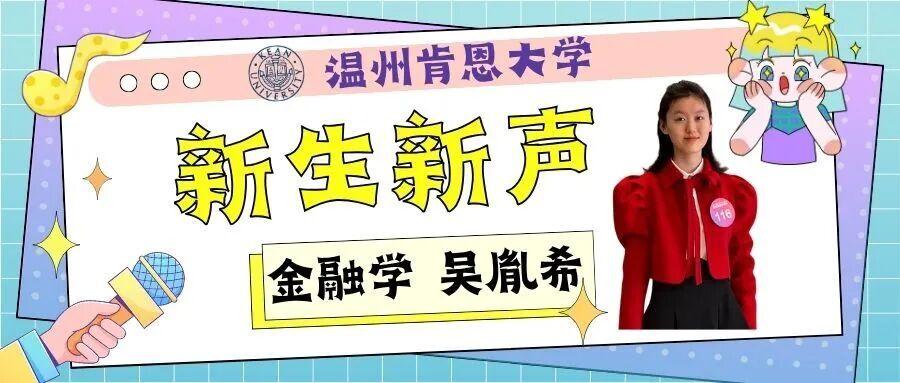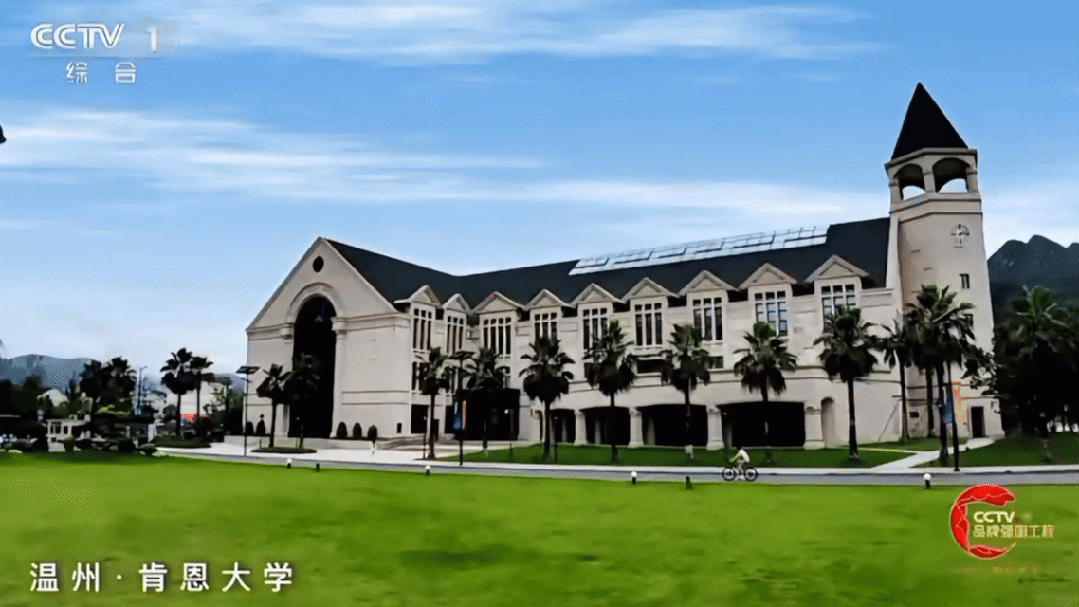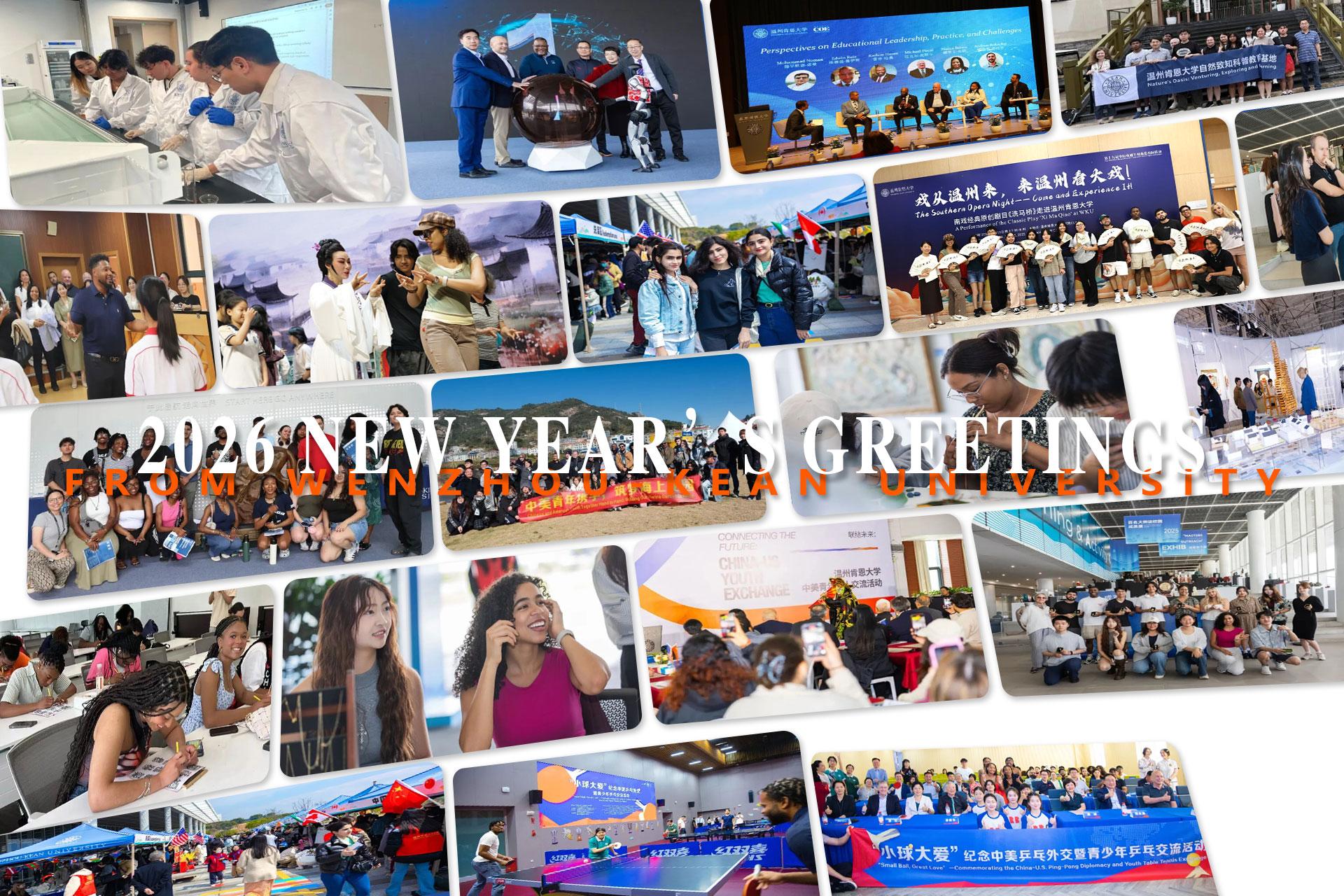Researching the health effects of air and water pollution
At Wenzhou-Kean University (WKU), biology faculty member Dr. Gustave Ado is conducting research in environmental health issues. He is making remarkable discoveries about the challenges posed by pollution on the natural environment and, in turn, the health risks for humans inhabiting it. In his research, Dr. Ado is engaging students at Wenzhou-Kean University in real life and academic lessons, as they are going out into the field to collect samples that are then tested in the laboratories at WKU.
Dr. Gustave Ado
Due to China’s rapidly expanding economic and industrial development, emissions of air and water pollutants and the number of poor air quality days in China’s mega-cities and their immediate vicinitieshave increased(Chan & Yao, “Air pollution in mega cities in China,”Atmospheric Environment, Volume 42: 1, 2008). Dr. Ado’s studies on water and air pollution are also designed to investigate Chinese university students’ perceptions of the health risks associated with air and water pollution.
Data from this mixed method study is collected using a self-report survey questionnaire and individual interviews. To understand and study water pollution, students and Dr. Ado went to the local river (San Yang River) to collect water samples from the river. They tested the water PH and tried to determine the amount of micro-organisms present in one drop of water in a microscope slide(see attached video :https://www.youtube.com/watch?v=jiULuSdtV1A&feature=youtu.be ). As Dr. Ado says, “The students’ eagerness to learn is an inspiration to me. They are competent, ask intelligent questions, and always work to achieve success someday in the future.”
Under the microscope
Descriptive statistics will be used to illustrate how biology knowledge acquired from the biology curriculum content contributed to their understanding and daily dealing with the health risks of air and water pollution. Vice-Chancellor for Academic Affairs, Dr. Holger Henke, adds: “Dr. Ado’s research provides a first-hand, first-class opportunity for our students to engage with research methodology, and allows them to realize the academic values of the scientific method and of becoming contributors to new, objective knowledge about the world we inhabit. In doing so, they are improving the environment we all share.”
Students’ trying to determine the breathing rate of a goldfish in water




